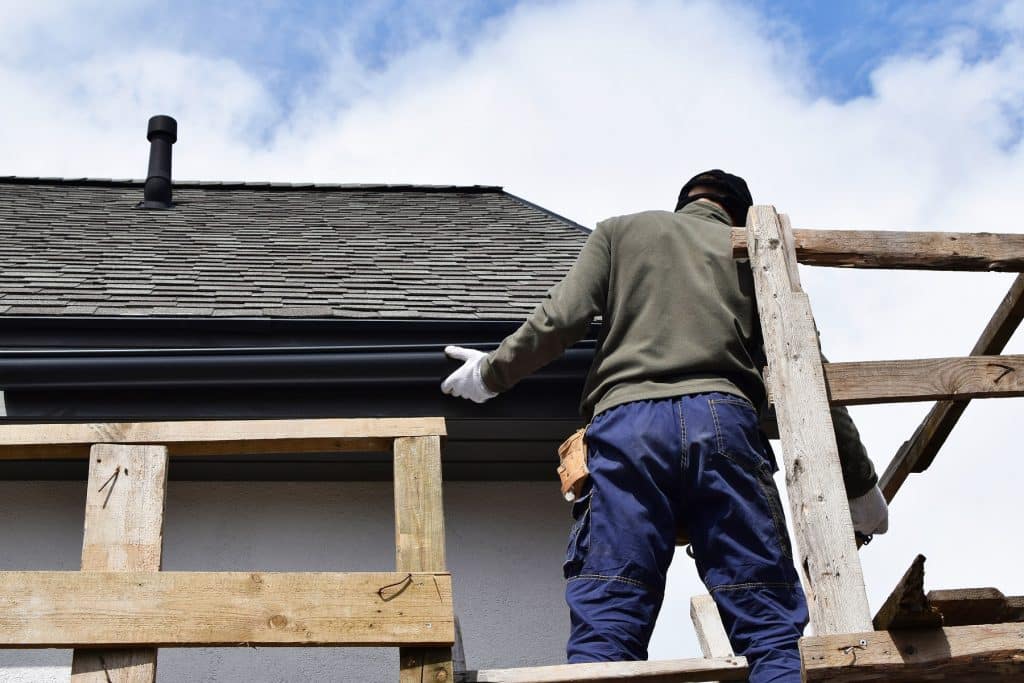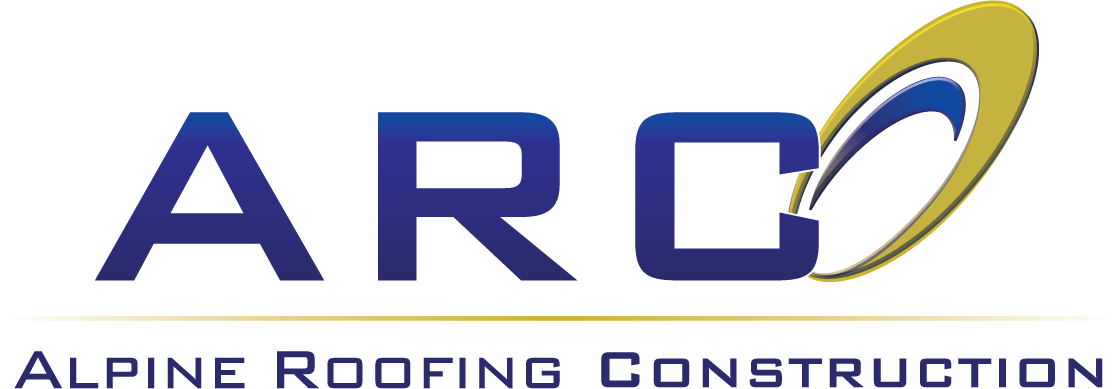
If you are constructing a new industrial building or are ready for a roof replacement, it’s important to understand all the different types of industrial roofing materials available. There are many choices, each with their pros and cons. The best materials to use may be obvious based on your needs, the construction of your building, and slope of your roof, but at other times, you might have some decisions to make. Here is a look at the different industrial roofing types.
TPO
Thermoplastic polyolefin, also referred to as TPO, is a blend of fiberglass, ethylene, rubber, and propylene. It is single-ply and usually comes in white, which will help to reflect sunlight and keep the interior of the building cooler. This material resists oils and fats, so it is often used over restaurants or other places where oils come out of the ventilation system. This material can last more than 20 years, resists wind, fire, ultraviolet (UV) rays, chemical exposure, and punctures. It is also highly durable.
PVC Membranes
Another single-ply option, polyvinyl chloride (PVC) roofing membranes are quite popular. This material is very durable and stands up well to problems that flat roofs face, such as chemicals, fire, and hurricane-force winds. PVC membranes also reflect the sun to keep buildings cooler. When installed properly, these roofs can last more than 20 years.
Metal Roofs
Many industrial buildings have metal roofs. Metal is very durable, but people do worry about rust and dents. Many metal roofing systems are designed to resist rust for 40 years. This material certainly can become dented, especially in an area prone to large hail, but the dents rarely lead to punctures. Other benefits include resistance to wind and fire, the ability to handle snow, and the fact that metal is versatile and durable.
If you decide that metal is the best material, there are more options. Choose from stainless steel, copper, tin, aluminum, corrugated galvanized steel, or stone-coated steel. There are also two possible fastening systems for metal roofs. Exposed-fastener systems are cheaper and not as durable. The other option is a standing seam system, which looks nicer, is higher quality, and will last longer.
Built-Up Roofing
One of the most affordable options, built-up roofs (BUR) have been used for many years. Most old buildings have them, and the name comes from the method of installation instead of the material. These roofs have several layers. The base layers are usually tar or asphalt, and the top layer is generally gravel. This type of roof can only be installed on a roof with no slope or a very minor one. In addition to the low cost, other benefits of BURs include durability, low maintenance, and UV resistance. BURs also offer a waterproof seal.
Modified Bitumen
Similar to built-up roofs, modified bitumen roofs are applied in layers and can only be installed on flat roofs or those with very little slope. The difference is that the layers are all solid and made of bitumen, which is a solid petroleum that occurs naturally, mixed with fiberglass or another similar material. This type of roofing holds up well to foot traffic and is highly durable. It is also resistant to severe weather and cracking due to freezing temperatures and is low maintenance.
Slate Roofing
Slate is a nearly nonabsorbent rock. It can be found in several colors, and with proper installation and maintenance, it can last for decades or even longer. There are slate roofs that have endured for centuries. Slate roofs look nice, are fire resistant, and are an environmentally friendly choice.
Asphalt Shingle Roof
Asphalt shingles are popular for residential applications, but they are relevant for commercial applications as well. Modern shingles are being made with class 4 impact resistance, making them more resilient. Asphalt shingles can last between 15 and 30 years.If you are in need of a new industrial roof, contact us at Alpine Roofing Construction. Fill out our online form or call us at 214-272-2679. We will be happy to answer any questions you have, make suggestions based on the particulars of your building, and create a quote for you.
